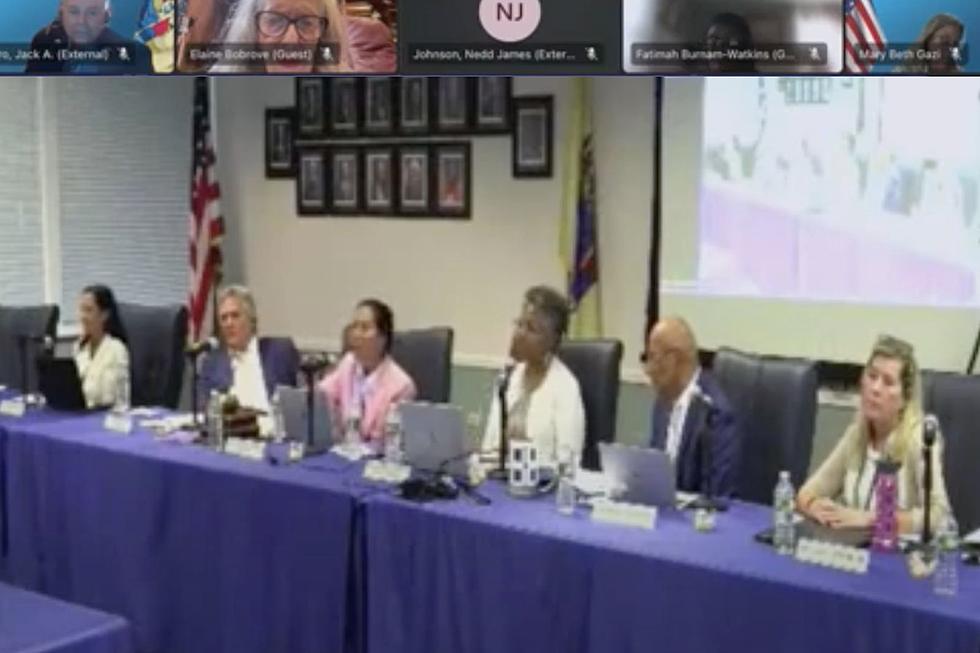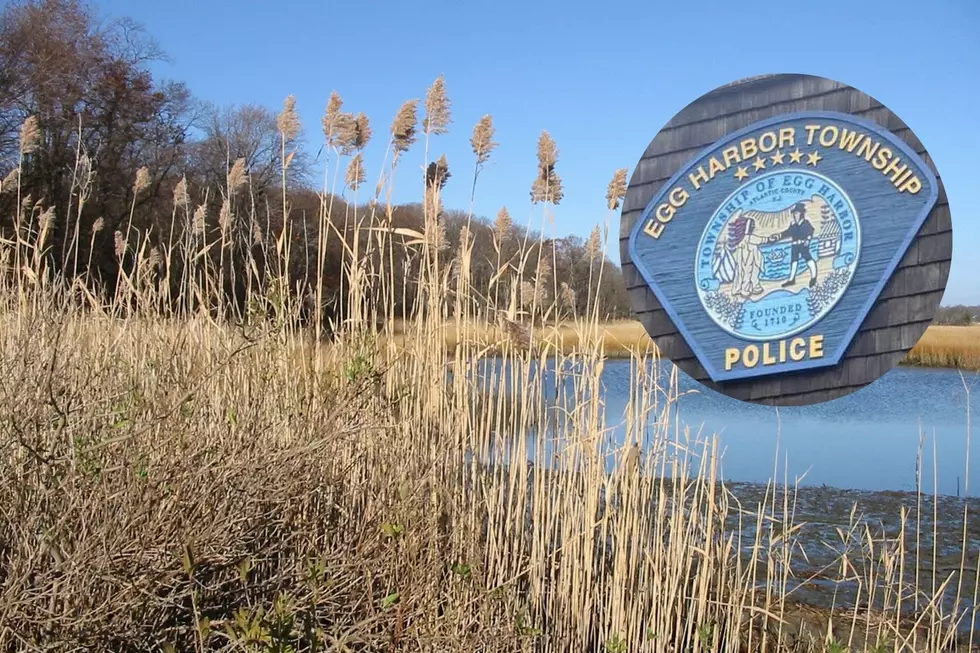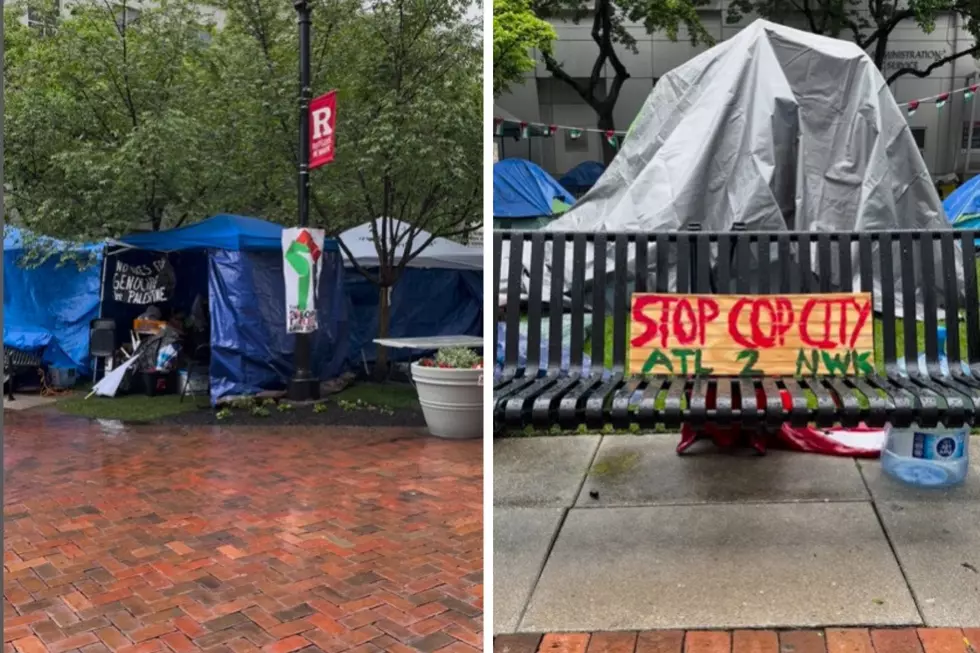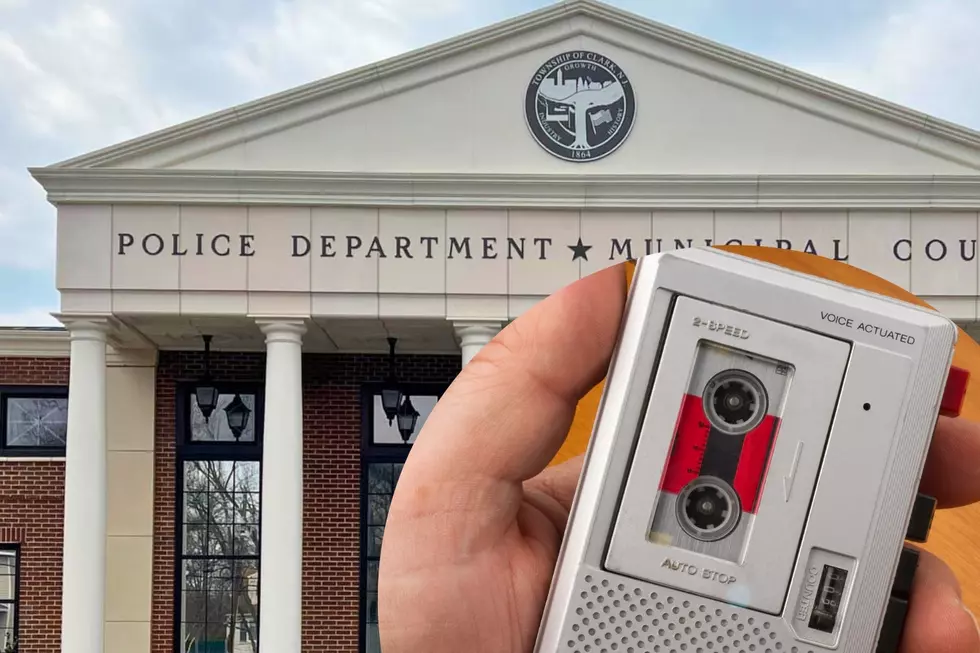
Swapping ‘equality’ for ‘equity,’ NJ board frustrates Democrats and conservatives
📖 NJ Board of Ed swaps “equity” in for “equality” in administrative code
📖 Critics voiced concern over gender ID issues, others with racial disparity
📖 State change comes as local school boards face conservative push
A change by the state Board of Education to swap the word “equality” for “equity” in state code overseeing public schools has drawn a firestorm of criticism — much of it from conservative lawmakers and citizens although the Legislature's two Democratic leaders also weighed in.
A process — which in years past drew little to no public attention — this year sparked 856 comments submitted at the state board’s March meeting.
Ultimately, the code amendments were narrowly passed on Wednesday, by a 6-5 vote among state board members.
📖 What was the reason for the word change?
“The Department is replacing ‘equal’ with ‘equitable’ throughout this chapter because ‘equal’ implies that all students receive the exact same instruction, regardless of a student’s particular needs, while ‘equitable’ supports differentiated instruction that is based on individual student needs,” the state board members said in response to one of the comments submitted months earlier.
The word swap was not the only revision, with the code now calling for sex education classes to be separated according to gender identity instead of sex assigned at birth.
The board also OK'd revisions that allow participation in certain school sports to be based on gender identity and not sex assigned at birth.
Read More: New gender identity rules for sex-ed and school sports in NJ
In New Jersey, there were 1.3 million students enrolled in public schools last year.
Of those enrolled in grades K-12, there are an estimated 13,962 transgender students in NJ, according to Garden State Equality. That estimate was based on data that 7% of the U.S. population are trans individuals.
Religious and “moral” concerns were not the only ones mentioned by commenters dissatisfied with the proposed code changes.
Despite the state department’s self-described mission to “mitigate the opportunity gaps” that face certain groups of students, a number of commenters did not believe the board was doing enough.
One commenter “questioned how race continues to be the underpinning of many discussions without transparency, accountability, and full implementation," adding that the “State Board should address racism rather than remove itself from dealing with its ramifications.”
A number of citizens said that the learning gap from all-remote instruction during the COVID pandemic has only worsened the disadvantages of students of color and should be made a more urgent priority.
Top Democrats criticize state Board of Education
The two Democratic legislative leaders chastised the state body for its vote on the equity code without first coordinating with policymakers on "actions that may affect school districts throughout our state."
"We believe that families should have a voice in what is taught to their children, and as long as they have a say over the matter, they will continue to," Assembly Speaker Craig Coughlin, D-Middlesex, and Senate President Nick Scutari, D-Union, said in a joint statement.
"And as always, all children deserve subject matter that is age-appropriate, posted clearly and transparently for families to review, and free from any politics."
📖 What code was actually updated by the NJ Board of Education?
The August vote impacted the administrative chapter on “Managing for Equality and Equity in Education.”
“The chapter’s purpose is to ensure all students, regardless of housing status, socioeconomic status, immigration status, or any protected category, are provided “equitable access to educational programs and services by district boards of education,” the state board collectively repeated in explaining its updated language.
The administrative code does not regulate private schools. Its standards apply to local boards of education, general and special education services, adult education programs, charter schools and renaissance school projects — all public schools.
Amendments adopted were meant to streamline and clarify language as necessary, according to the governor's administration.
The changes were intended to reflect existing federal and state statutory protections, including the New Jersey Law Against Discrimination.
The administrative code had already protected students on the basis of sexual orientation and gender identity since they were first included in 2003 and 2016, respectively.
📖 'Parents rights' common cry among NJ public school critics
The deluge of submitted comments and a packed house at the state Board of Education on Wednesday meeting is a reflection of what’s been going on at the town level for the past couple of years.
Local school board elections, once nonpartisan, have become increasingly polarized.
A number of local education boards have dealt with controversial decisions, at times in direct conflict with the state-mandated learning standards.
Read More: NJ school board member accused of transphobic Twitter account
One public school district in Bergen County ended the school year with an explosive board of education meeting as a national conservative activist offered free cameras to “expose” classrooms.
Read More: James O'Keefe free hidden camera offer prompts NJ school response
Those critical of the change have invoked the phrase “parental rights," which has been the focus in recent years for those against curriculum changes regarding gender identity issues and vaccination requirements in public schools.
In December, Senate Republicans said the amended code was “focused more on boosting certain groups, regardless of individual educational needs," adding that the board should be more focused on "respecting the rights of concerned parents to have a voice in decisions made that impact their children’s education.”
According to the Facebook page of the conservative Team PYC, which criticized the code change, “Our faith and our deep religious views are in peril.”
Others have countered that conservative movement by saying that their own parental rights involve not having students’ public school education filtered through a strict religious lens.
📖 Who is on the NJ Board of Education
The state Board of Education is designed to have 13 members, appointed by the governor, with “advice and consent” from the State Senate.
By law, at least three members of the board must be women and no two members may be appointed from the same county.
Each member is supposed to serve an unpaid, six-year term.
Currently, there are 12 members listed on the state’s website. One member was not in attendance during the recent vote.
The longest-serving current board member was first appointed in 1990; six of the members were appointed in 2017 and two others in 2018.
Report a correction 👈 | 👉 Contact our newsroom
The 30 best rated schools in New Jersey
The 30 worst rated schools in New Jersey
Most popular grocery stores in America
'Fast Times at Ridgemont High' Cast: Where Are They Now?
LOOK: Famous actresses from New Jersey
More From New Jersey 101.5 FM









